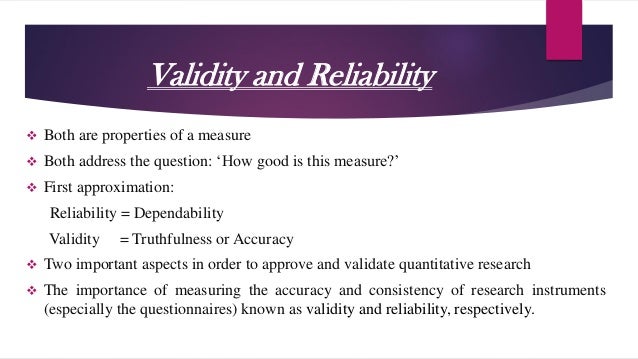
Transferability in Qualitative Research is more the responsibility of the individual seeking to transfer the findings to a different situation or population than that of the investigator of the initial study. Transferability means the level to which the audience has the ability to generalize the results of a research to her or his own context. It is done when the investigator gives adequate information about the self (the researcher as instrument) and also the research context, processes, members, and researcher-participant connections to make it possible for the reader to decide how the findings may transfer. Guba introduced the next perspective on applicability in qualitative research by referring to fittingness, or transferability.

It is defined as the degree to which the findings can apply to other contexts and settings or with other groups it is the capacity to generalize from the findings to greater populations. Additionally it is increased by a thorough description of source data and a fit between the data and the emerging analysis in addition to by “thick descriptions” Credibility means the concept of internal consistency, where the core issue is how we make sure rigor in the research process and the way we communicate to other people that we have done so.Ĭredibility can be accomplished by prolonged engagement with people continual observation in the field the utilization of peer debriefers or peer researchers negative case analysis researcher reflexivity and participant checks, validation, or coanalysis. Lincoln and Guba termed this credibility in qualitative research. Truth value questions if the investigator has established confidence in the truth of the results for the topics or informants and the context in which the research was undertaken. It determines how confident the investigator is with the truth of the findings based on the research design, informants, and context. Truth value is commonly acquired from the discovery of human experiences as they are lived and perceived by informants. Four Aspects of Trustworthiness in Qualitative ResearchĪccording to Guba’s aspects of trustworthiness which are relevant to both quantitative and qualitative studies are: 1. In simple terms, trustworthiness refers to as the way in which qualitative research workers make sure that transferability, credibility, dependability, and confirmability are evident in their study. These substitute terms include transferability, credibility, dependability, and confirmability.

Thus, the ideas of generalizability, internal validity, reliability, and objectivity are reconsidered in qualitative terms.

This really is quite different from the typical experimental precedent of attempting to show validity, soundness, and significance.


 0 kommentar(er)
0 kommentar(er)
